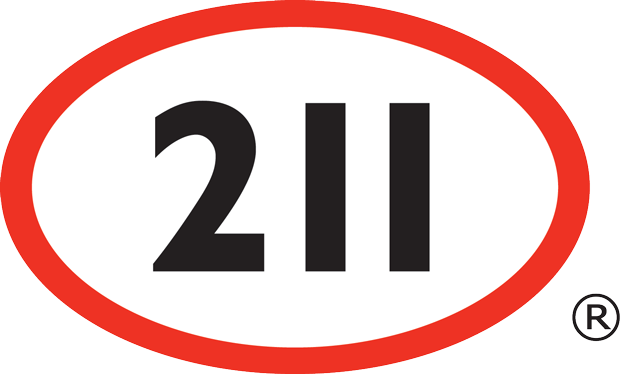Homeless Shelters and Housing


Find Community and Social Resources
Find services by topic
Although there are a lot of advantages to having an apartment, it can sometimes come with certain drawbacks: unsanitary conditions, difficulties paying rent, maintenance, evictions, rent increases....such issues can quickly become a source of conflict between tenants and landlords and are not always easy to resolve. That is why resources exist that can help you know your rights and support you in exercising them.
In Québec, the relationship between landlord and tenant is mainly governed by Québec’s Civil Code and the Act respecting the Administrative Housing Tribunal.
The Tribunal administratif du logement (Administrative Housing Tribunal) is the only one qualified in hearing cases regarding:
The tribunal is also qualified in deciding matters regarding:
If you are in a dispute with your landlord and are unable to exercise your rights, you can get help from various community organizations working for the right to housing. They have the knowledge and expertise necessary to guide you through the procedures.
Housing committees and tenant associations can inform you of your rights, as well as current issues regarding housing. This could be done through informal conversations, workshops or in a space that encourages the sharing of experiences and citizens’ knowledge. Many organizations produce information documents, either in printed or digital format, in order to reach out to as many people as possible. Such is the case with the Comité logement Rosemont who provide convenient information on frequently inquired subjects (French only):
Most housing committees and tenant associations offer one-on-one and confidential appointments during which you can explain your situation. You will also receive precise and documented advice so as to support you during this process.
For example, your committee could help you write a letter of formal notice, help with telephone calls, help you prepare your file for a hearing etc. They can also guide you towards complementary services depending on your needs. Your committee can also support you throughout this whole process. Do not hesitate to contact them if the problem does not get resolved as expected.
To learn more about tenant associations, go to Association des locataires de Villeray (French only):
Organizations working for housing rights are in great majority involved in the fight over collective issues and on the improvement of living conditions for everyone. That is why they are always ready to speak publicly, support projects, put pressure on elected officials, participate in public consultations, as well as take part in rallies and demonstrations.
If you are a landlord and are in a dispute with a tenant over unpaid rents or unkempt apartments for example, resources with information on your rights and recourses exist for you as well. Two associations in Greater Montréal can help you to that effect:
Sanitary conditions are a major issue regarding housing rights. Your landlord is responsible for ensuring certain minimal sanitation conditions. Disputes can arise however, with the appearance of such nuisances as, vermin, rodents, insects or mold, for example. If the landlord refuses to do anything about it, there are solutions.
In addition to assistance provided by your housing committee and tenant association, cities also have regulations regarding unsanitary conditions that they are in charge of enforcing. In the City of Montréal, for example, the By-Law concerning the sanitation, maintenance and safety of dwelling units enables each borough to act, demand rectifications and in certain cases, impose fines on landlords that are at fault. You can reach your borough’s office by dialing 3-1-1.
The majority of cities have this type of By-Law regarding unsanitary conditions. If you do not live in Montréal, do not hesitate to inform yourself, get help or file a complaint with your local municipality.
|
Please note: since bedbugs are a frequent problem in Montréal, the city produces information material on this subject, available in 20 languages: https://ville.montreal.qc.ca/bedbugs/ |
For answers to frequently asked questions by tenants, please go to the Tribunal administratif du logement (Administrative Housing Tribunal) web site or click on «Renting» on the Éducaloi website.



